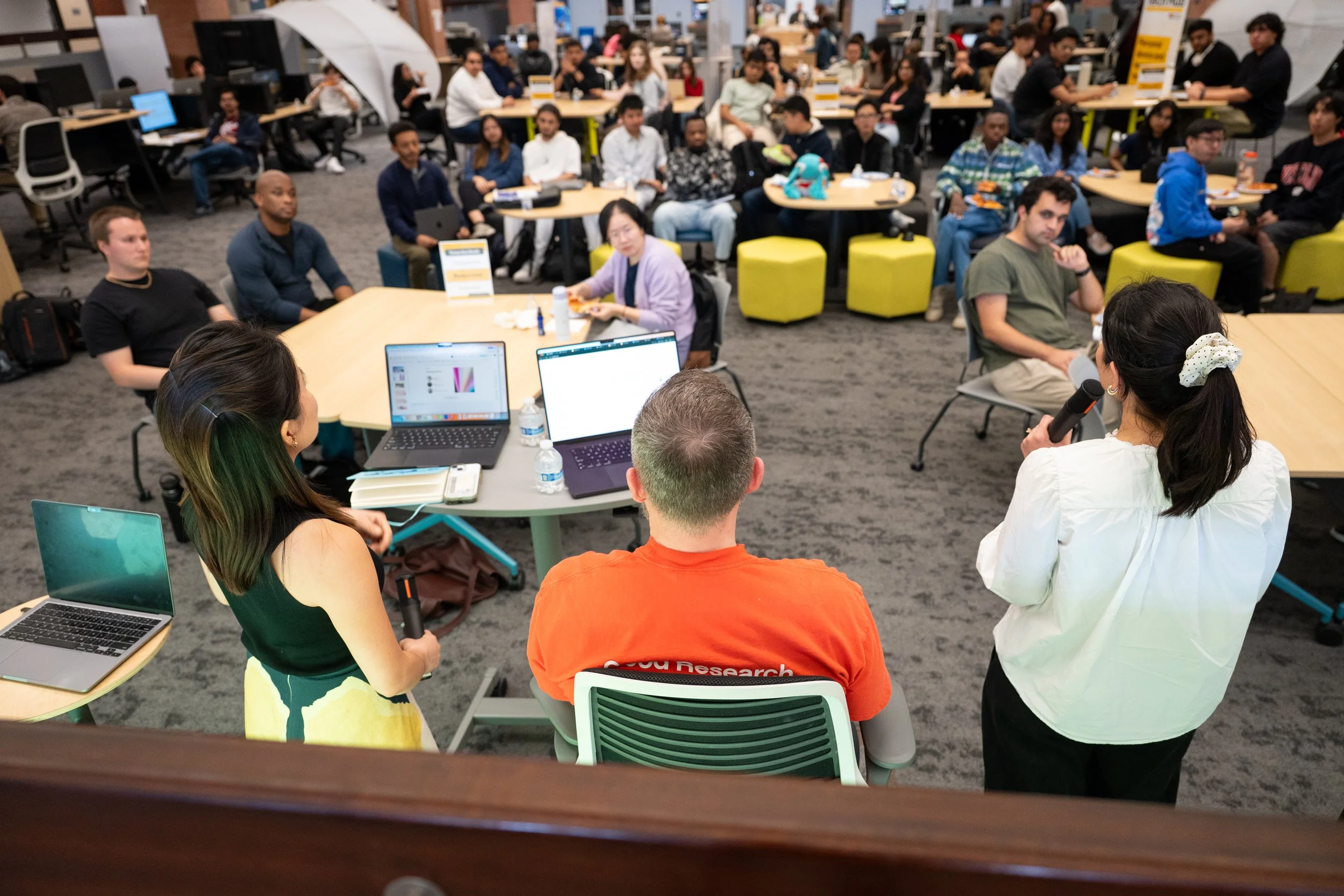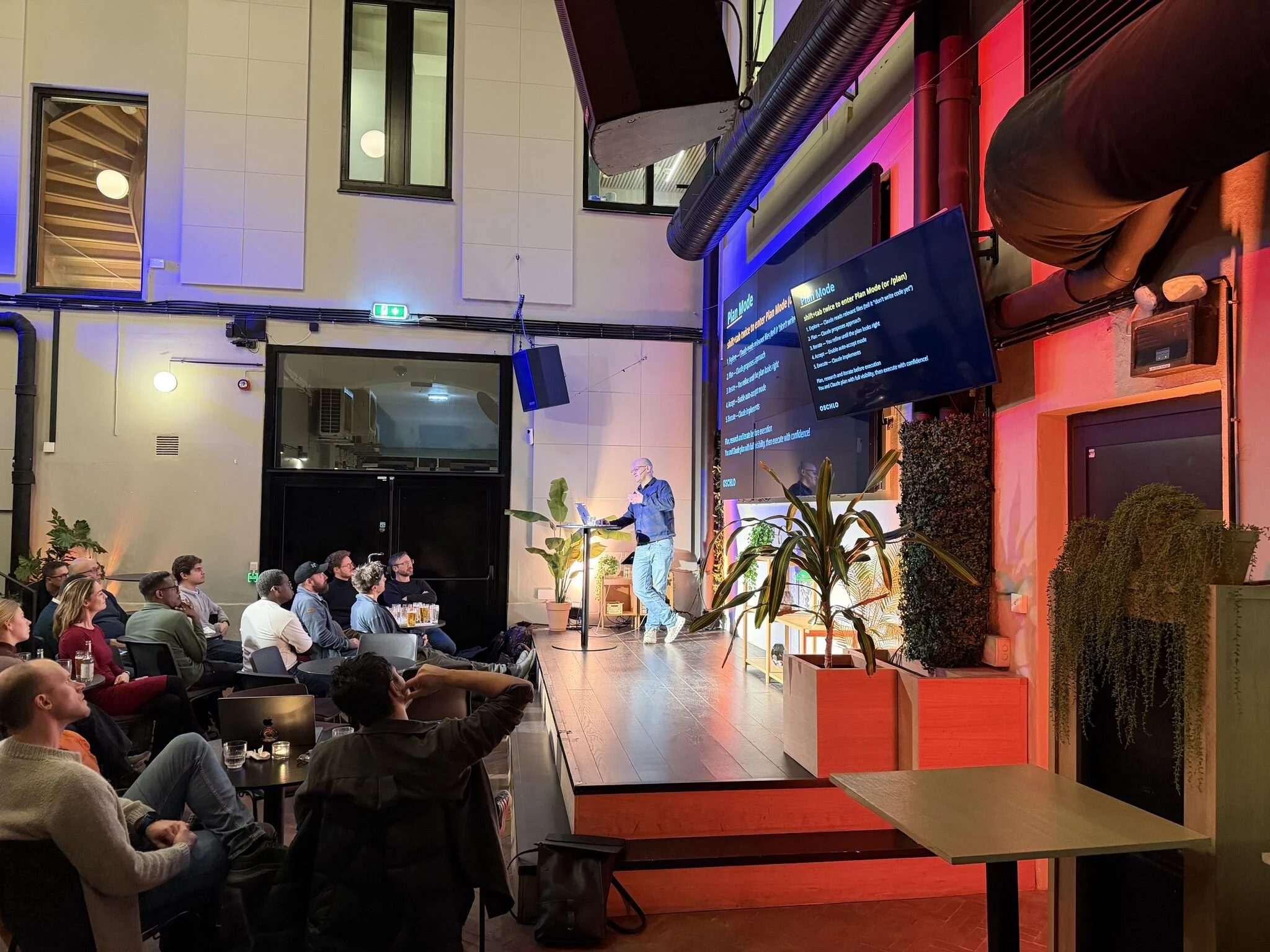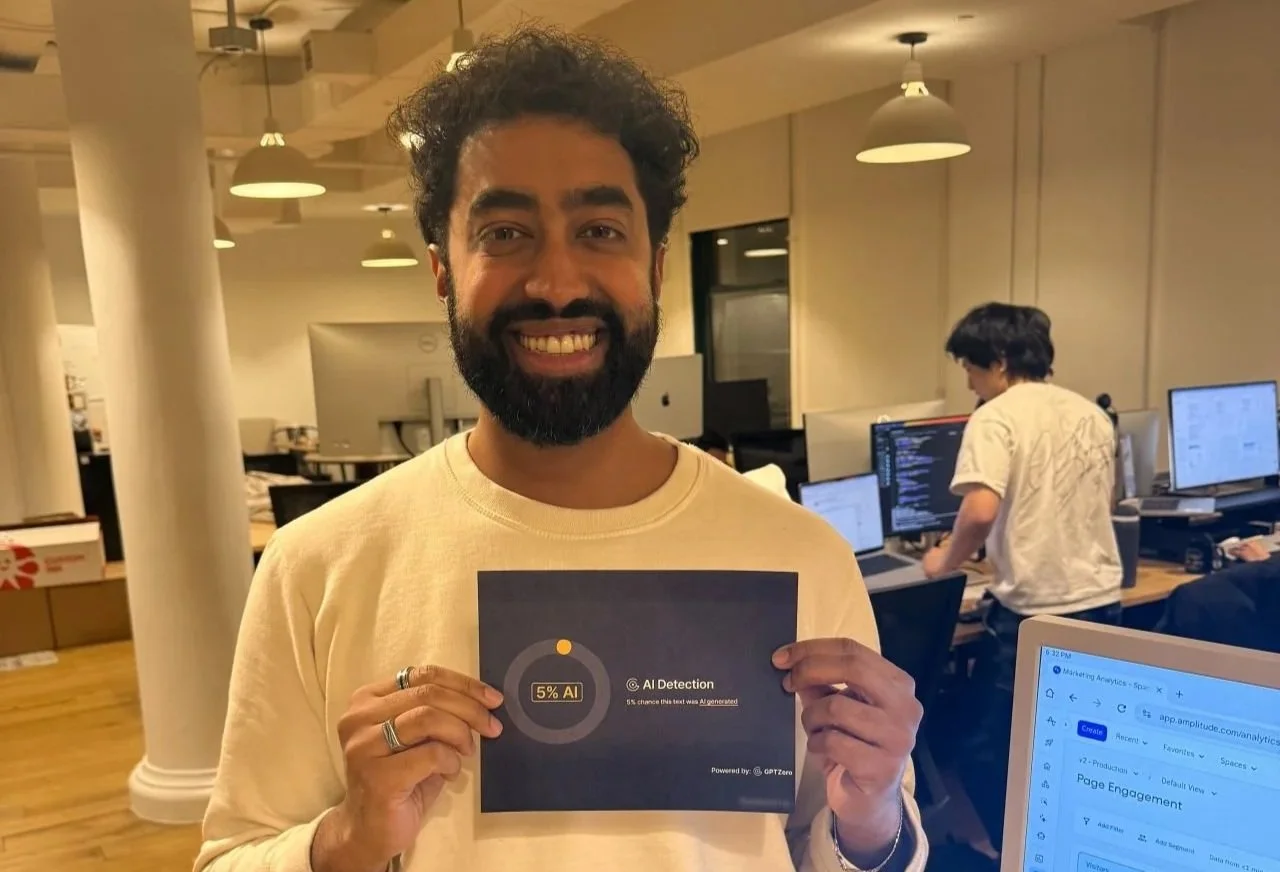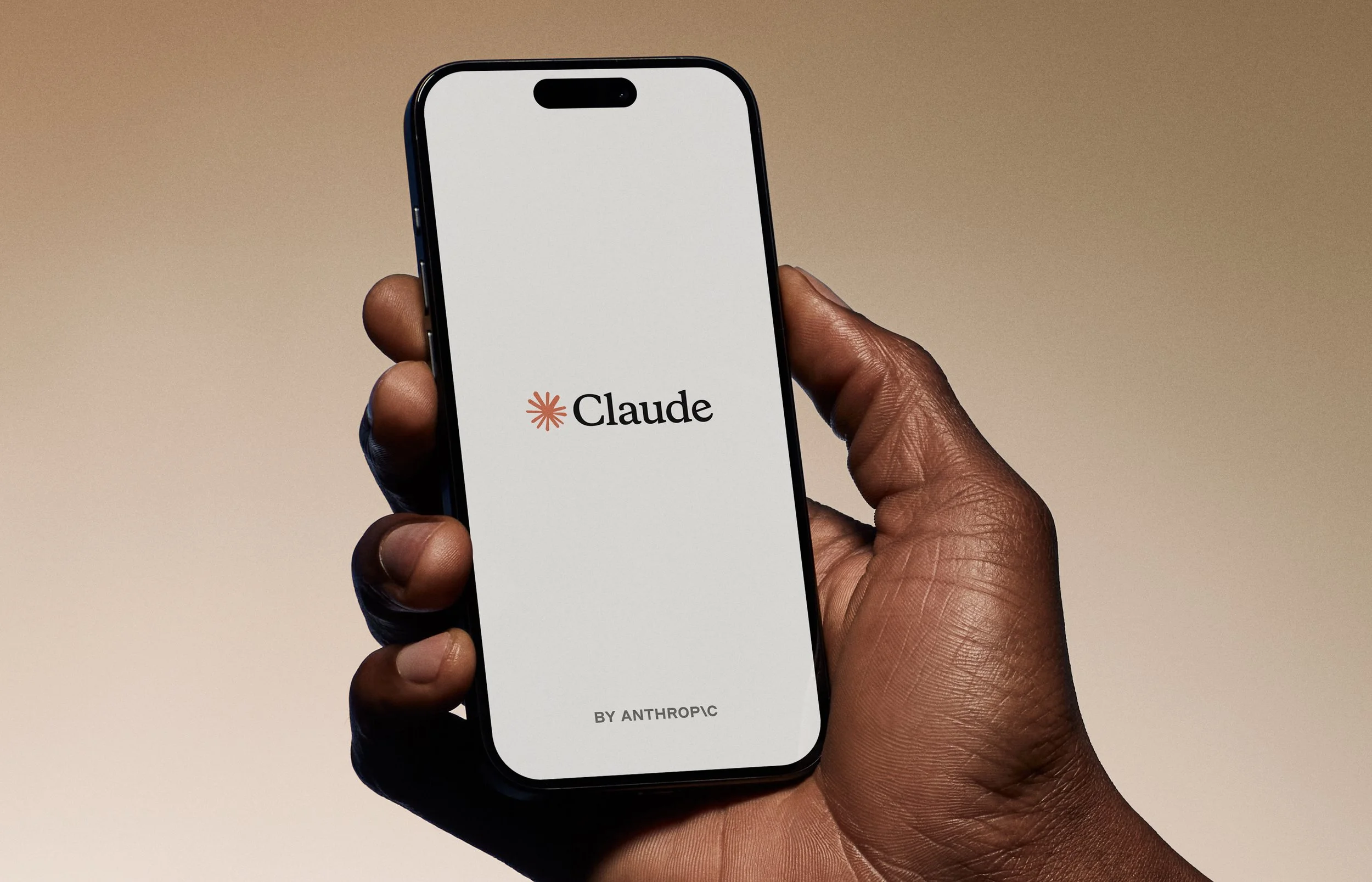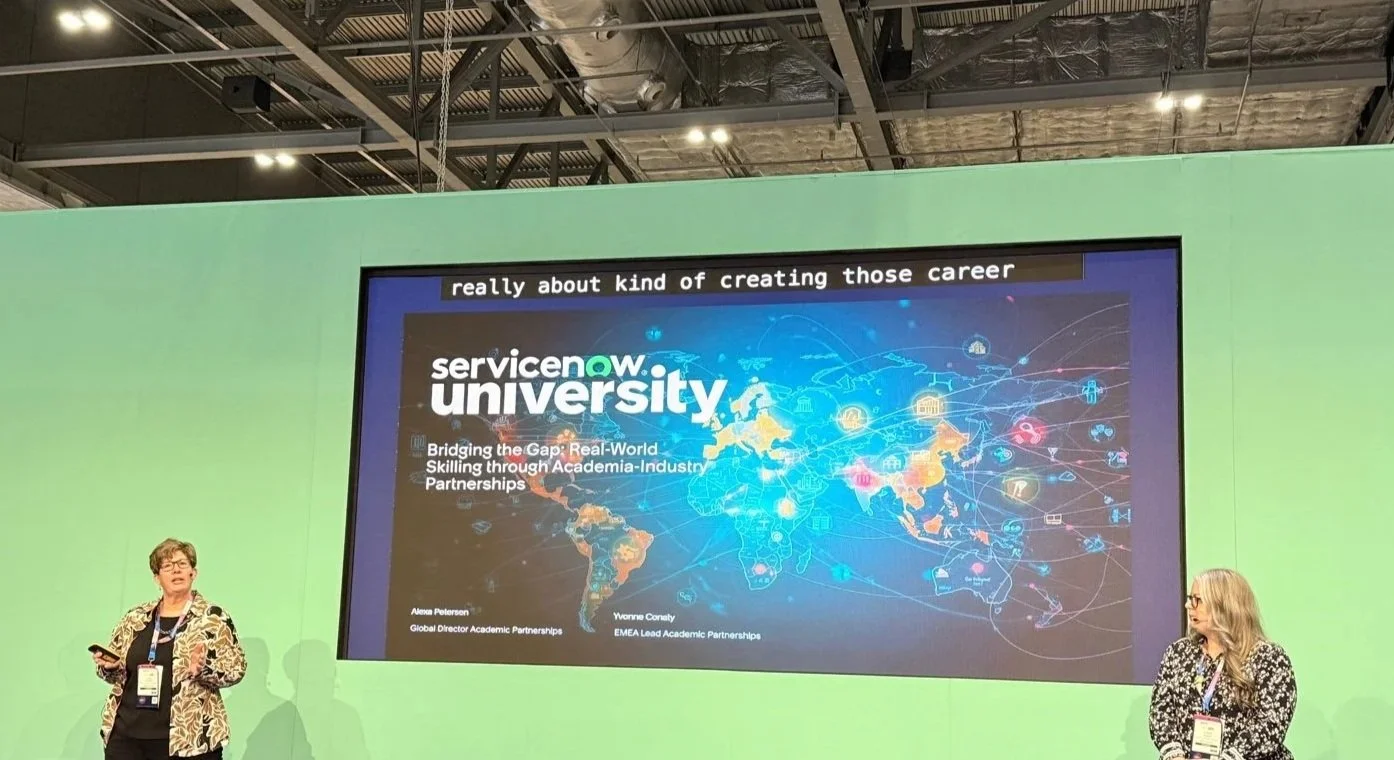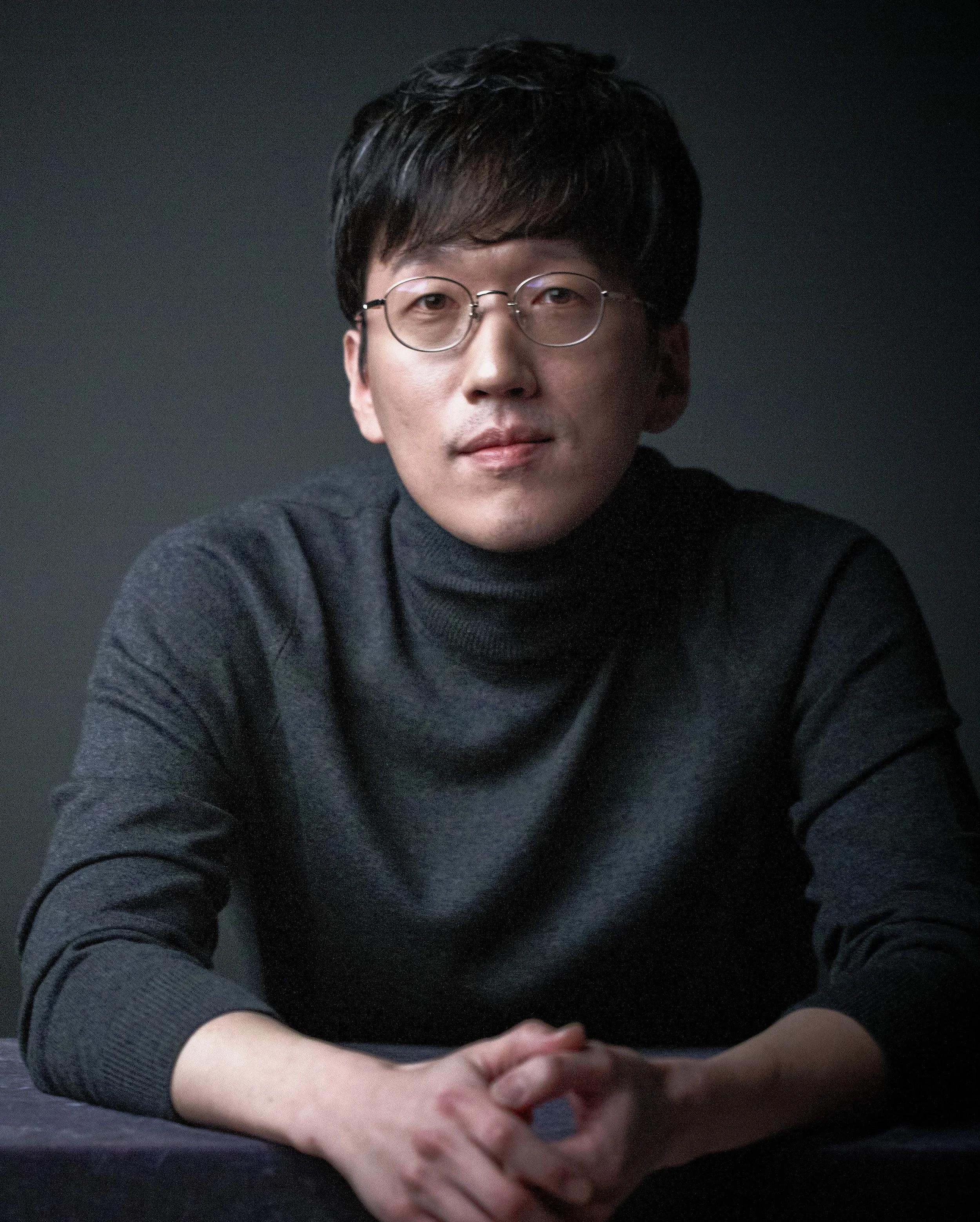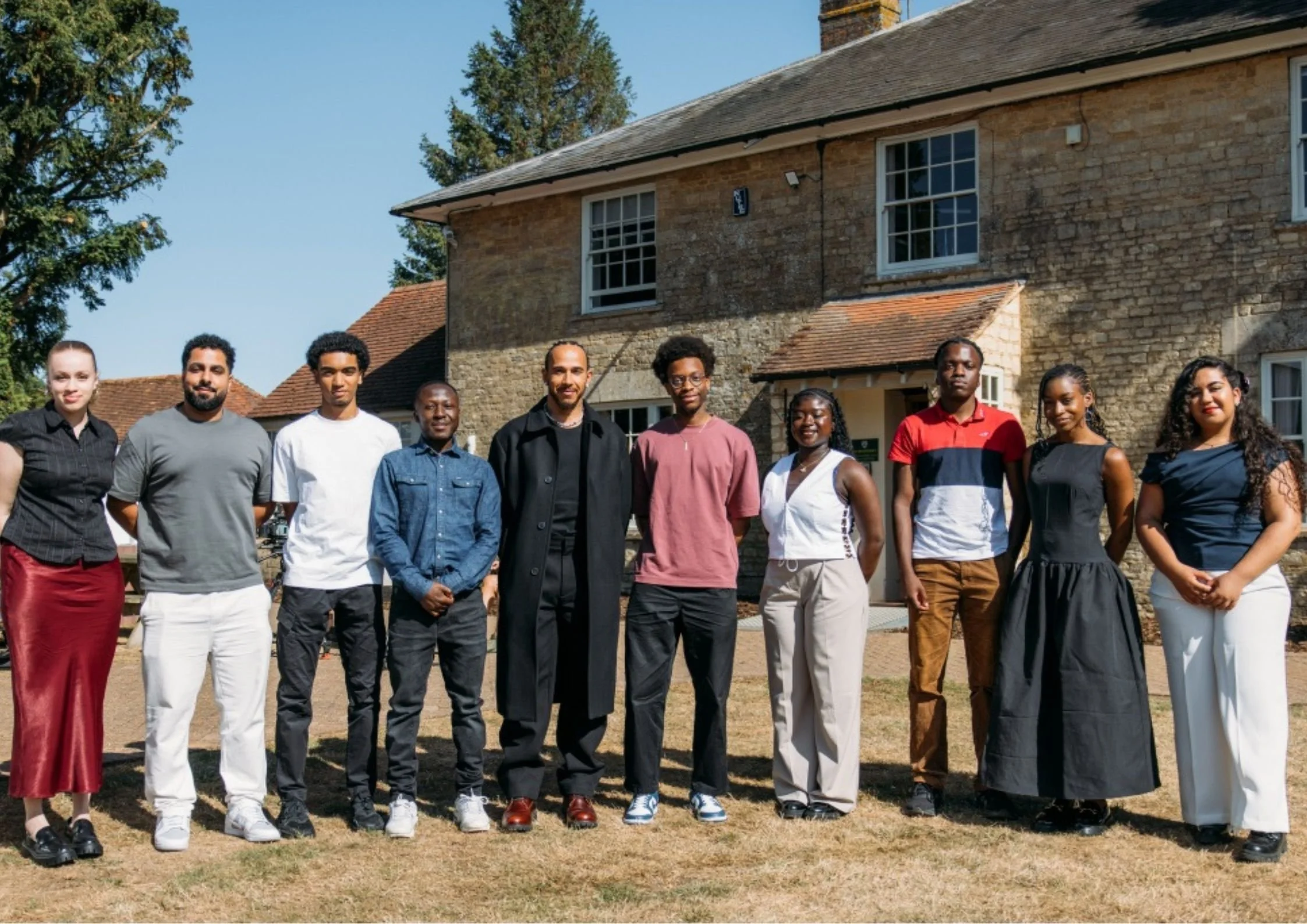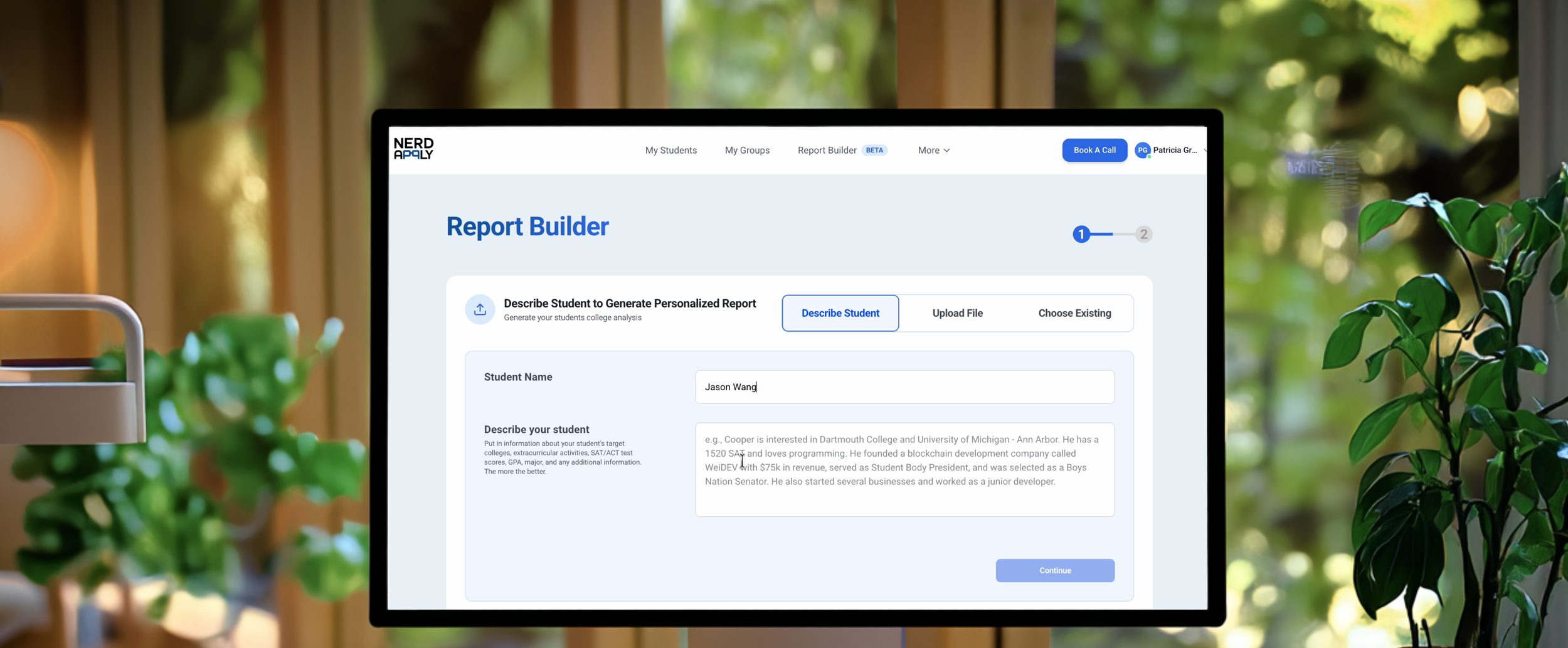Students at Austin Peay State University to use VR to practice criminal interrogations
Students at Austin Peay State University are using VR to practice interrogations in criminal investigations.
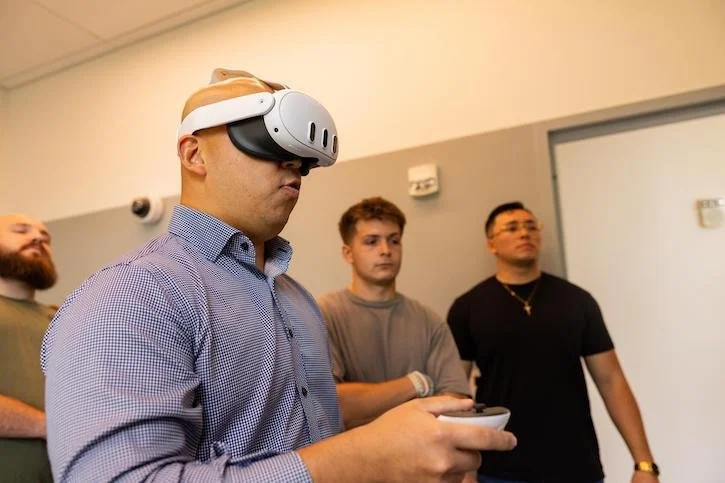
Dr. David Kim, assistant professor of criminal justice at Austin Peay State University, demonstrates Ovation to help students simulate interrogations in his Criminal Investigations class. | Photo by Kaos Armstrong
The practice is part of a wider effort to integrate VR into the University’s Department of Criminal Justice.
The simulations are supported by the Woodward Library’s Markerspace, which provided the department with five Ovation software licenses, allowing students to interact with AI-powered avatars in a range of speaking situations.
“Part of my teaching philosophy is experiential learning, so I want to have them actually try and use the interrogation techniques they’ve learned in the textbook,” comments Dr. David Kim, Assistant Professor of Criminal Justice at the University.
“Without VR, it would be very difficult for them to get that experience of going into the interrogation room and talking to a suspect.”
“Hands-on experience with tools like Ovation gives students the chance to practice real-world skills in a customizable, immersive setting where the stakes are low,” adds Deanna Sherry, the library’s Makerspace Team Lead. “It helps them build confidence and feel more prepared for situations like interviews or public speaking.”
The University’s Department of Social Work provided space for the exercise in its new Health Professions Building, which was designed to promote collaboration between academic programs. The two departments plan to host joint simulations involving scenarios such as domestic violence cases and child welfare visits, where social workers and criminal justice professionals tend to collaborate.





